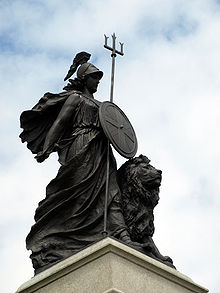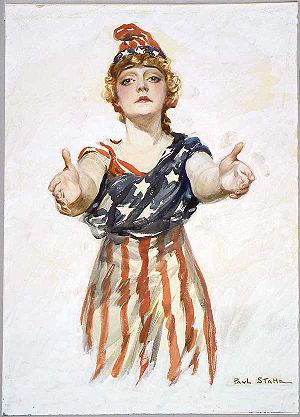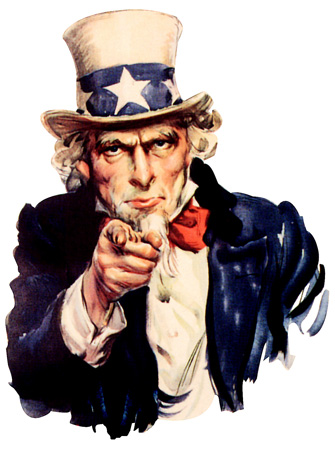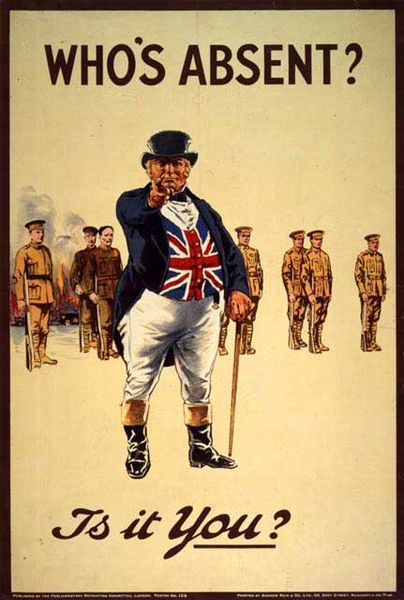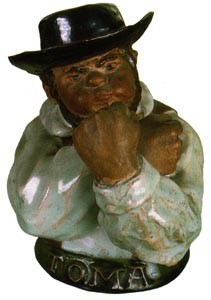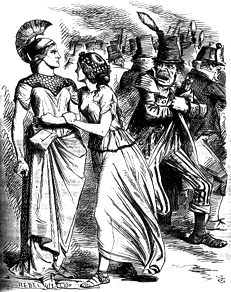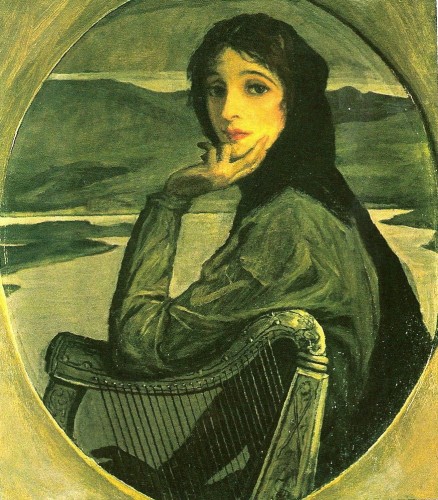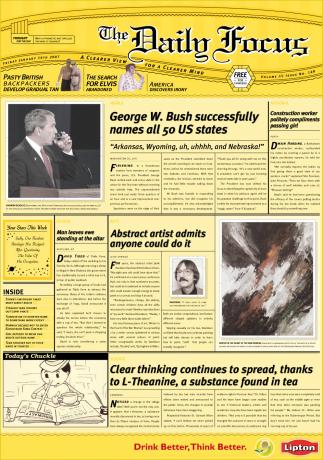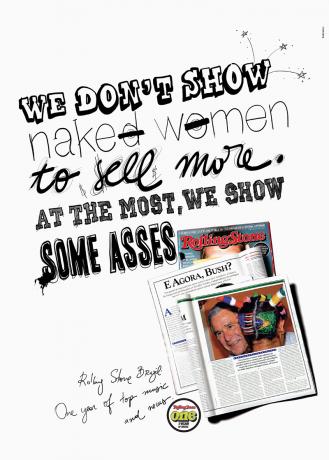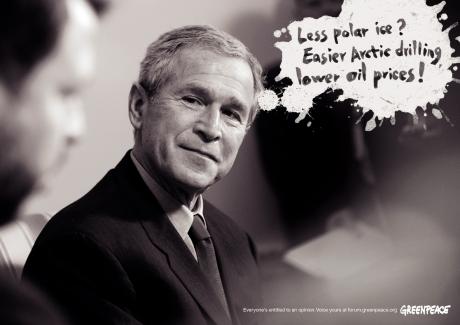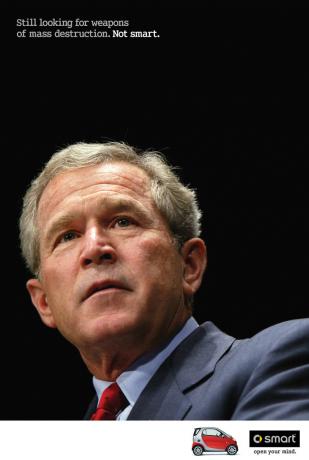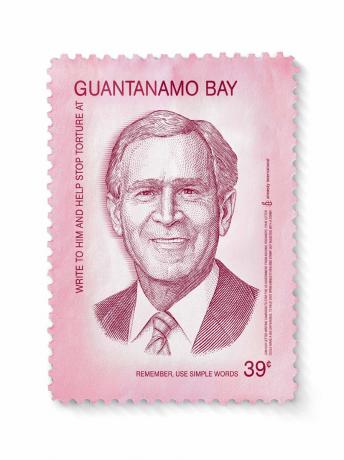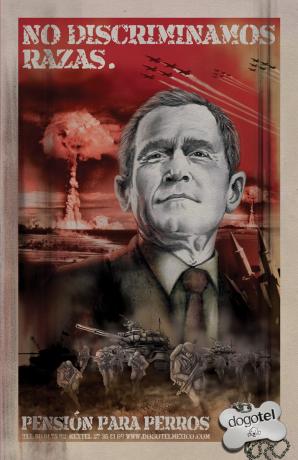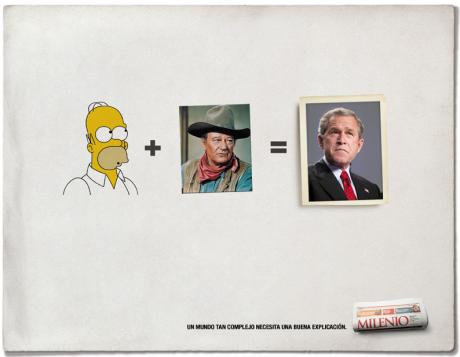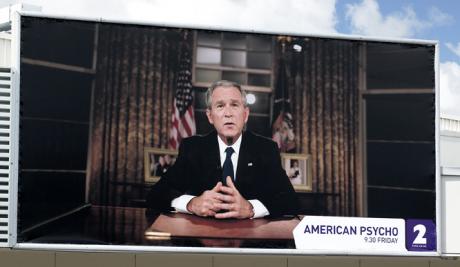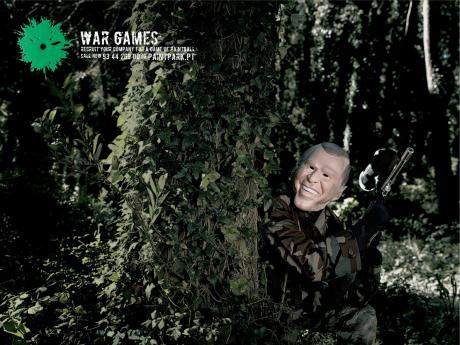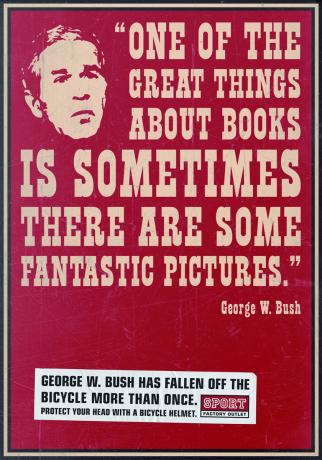Dmitriy T.M. sent us a link to a story at Slate about (mostly European) “national personifications” — that is, human figures used to represent particular countries, their citizens, or ideas of the national character. Personification is contentious in that it aims to represent a diverse society with a single person, often representing a simple idea. Accordingly, we sometimes see divergent, or even conflicting, personifications.
Many personifications in Europe and areas once colonized by them connect the nation to noble ideas and values through the use of Latin-derived names and the use of robes, poses, and other elements of classic statues and paintings to adorn a female figure. For instance, the United Kingdom’s Britannia (an emblem that first emerged when Britain was still ruled by Rome) is a goddess-like figure wearing a Roman-style helmet who has, over time, come to represent the nation and the idea of liberty:
The U.S. has a similar figure, Columbia:
More popular characterizations also emerge, often representing the national character not through goddess-like imagery but as an Average Citizen. For instance, much more familiar in the U.S. than Columbia is Uncle Sam. He differs from many other national personifications in that he doesn’t represent the U.S. citizenry or the idea of the nation in general; he specifically represents the U.S. government and is best known for wanting “you” to join the military, buy war bonds, and such:
And in addition to Brittania, the U.K. is also personified by John Bull:
According to the Slate article, John Bull presents the British people as middle-class, smart in a common-sense way, and also somewhat suspicious of authority — that is, John Bull is a personification that separates the citizenry from government (the source of authority) to some extent, and thus has been used in many political cartoons to question government policies (whereas Uncle Sam has often been used to advocate them, since he represents the government itself).
Going a step further, Portugal’s Zé Povinho, a working-class personification, actively mocks the powerful, including political elites:
Competing personifications may be used by different political factions. For instance, those in favor of and opposed to Irish independence used female emblems of Ireland. Opponents of Irish nationalism used the figure of Hibernia, represented as the younger sister of Brittania and in need of her sister’s protection from the brutish (male) nationalist forces:
Nationalists responded with Kathleen Ni Houlihan, “generally depicted as an old woman who needs the help of young Irish men willing to fight and die to free Ireland from colonial rule, usually resulting in the young men becoming martyrs for this cause”:
The gender element in these competing personifications is interesting: in both cases Ireland is a woman in need of protection, but who see needs protected by (a stronger sister or men) and from (men in both cases) differs.
So here we have just a small handful of national personifications that may coexist fairly harmoniously while serving different purposes (say, Brittania and John Bull) or actively conflict (representations of Ireland). Various groups in a nation (political elites, different social classes, rebels, etc.) are unlikely to identify equally with a single personification; thus, the figures used to represent a country or its citizens can become sites of political or cultural contention, defining who has the most legitimate claim to being the backbone of the nation (the middle-class John Bull, the working-class Zé Povinho) or framing independence or other political movements.

